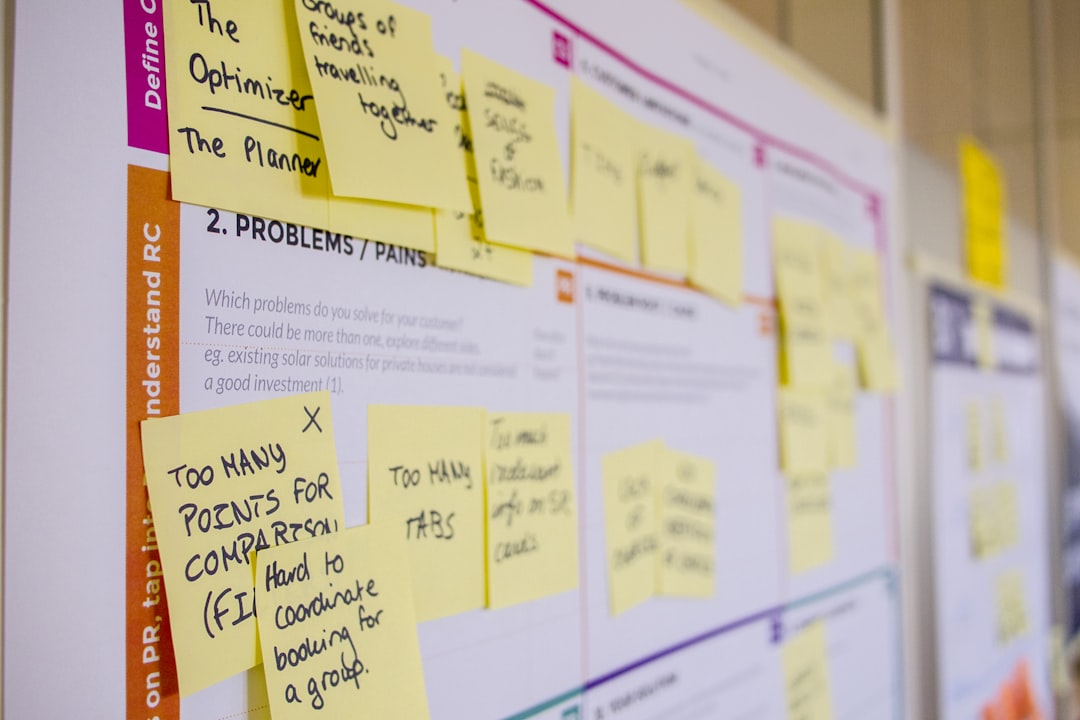What is it about?
When children learn to read, we have hopes to see them grow to become highly literate adults. Thus, when young adults who are highly literate appear to avoid reading, we cannot help but ask 'Why?' This paper delves into the phenomenon of aliteracy, of being able to read but seemingly choosing not to. In so doing, it challenges us to re-think the way we understand literacy, illiteracy and aliteracy.
Featured Image
Why is it important?
The phenomenon of aliteracy could do with more scrutiny because currently, it slips under the radar. This is because when contrasted with illiteracy, aliteracy appears benign. This conception requires a re-think precisely because aliteracy, illiteracy and literacy cannot be compared across the board. To think about these three conceptions as if they appear on a linear continuum would be to ignore and dismiss the complexities of any reading experience.
Perspectives
This publication is a slice of my on-going research on readers, the reading experience and the ecology surrounding the reading context. As I collect the reading narratives of real readers, I continue to be fascinated by the miracle of language and literacy.
Dr Su Li Chong
University Teknologi PETRONAS
Read the Original
This page is a summary of: Re-thinking aliteracy: when undergraduates surrender their reading choices, Literacy, October 2015, Wiley,
DOI: 10.1111/lit.12063.
You can read the full text:
Contributors
The following have contributed to this page










